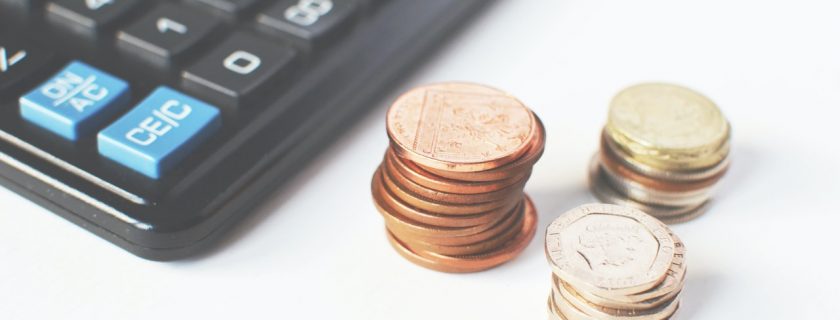Three Key Steps in Managing Your Personal Finances

Personal finance is the discipline that an individual or a small family unit performs on a regular basis to plan, save, and budget money, taking into consideration various individual financial risks and economic scenarios over the long-term, and current life events and potential expenses. Many people are at a loss when it comes to how to properly budget their personal finances because they do not understand the concept of “budgeting.” In order to truly understand the importance of personal finance, you must first know what it is and why it is so important. Once you understand the importance of budgeting, you will be able to see that it can be done even by people who may not be so organized in other areas of their life!
So, what is personal finance? Essentially, it is a technique for managing and organizing your financial resources in such a way as to ensure financial security, avoid financial risk, optimize your use of available resources, and improve your awareness of your current financial situation. The ultimate purpose of budgeting is to provide you with information about your expenses, assets, liabilities, and other financial responsibilities. Some people even take the assistance of experts in the field of money management. They can provide people with solutions, tips, and information on how to manage their income and invest wisely. This information can then allow them to determine whether their goals and objectives can be met through prudent financial management, or if a more drastic change is needed to achieve these goals.
It is important that you develop the skills and the tools necessary to achieve your long-term financial goals. One way to accomplish this is to develop a monthly budget. A budget is simply a list of all of your expenses, along with their monthly and annual rates, as well as their duration and frequency. This allows you to identify areas in which you spend unnecessarily and enables you to make adjustments where necessary to help you save money over the long term. Developing a monthly budget is also an excellent way to track your progress toward achieving long-term financial goals since it will show you where you are today, and what you need to do in order to get further ahead in the future.
Another important step in managing your personal finances is to develop good money management skills. To make the most of your money, it can be important to analyze your funds and store them for various future uses like retirement, taxes, and investments (read more on https://www.joinatmos.com/blog/making-the-most-of-your-money or similar blogs). Essentially, the three keys to effective money management are checking your finances frequently, budgeting your money, and spending your money wisely. Checking your finances regularly includes making sure that you are saving what you should, avoiding debt, and eliminating spending habits that are not considered useful for your lifestyle. Budgeting your money also involves setting aside funds for unexpected events, such as illness or car troubles, that might require you to dip into your savings or checking account. Finally, spending your money wisely means that you only spend what you can afford to spend, no matter what the temptation may be.
Although there are many ways to spend your money effectively over the long term, one area that will remain unchanged throughout your life is your investing activities. Investment, by definition, is a course of action that increases value, creating an asset that will eventually provide an increase in wealth and income. Provided that you follow the helpful investing guide, from somewhere like SoFi (https://www.sofi.com/investing-101-center/), you will be able to learn everything there is to know about the practice of investing and how it can make a difference to your own situation going forward. You will find that, in terms of your own personal finances, saving and investing are the two best methods for saving for your future. There are a number of investment options available, including stocks, bonds, mutual funds, certificates of deposits, real estate property, and more. Cryptocurrencies are becoming an increasingly popular investment option too, as many are looking to buy things like Quantum to make some money on the side – check out this guide to Qtum kaufen. Investing requires that you have a certain amount of knowledge, such as how to read financial statements, how to assess risks, and how to invest your money wisely. This knowledge is not always easy to obtain, but it is certainly possible through personal finance workshops or online courses.
Lastly, the final step in managing your personal finances is to use a financial planner to coordinate all of your spending. A financial planner is someone who has the expertise and background in assisting people with personal finance. He or she will help you create a workable budget and advise you on saving and spending opportunities. Your financial planner will work with you to ensure that you are meeting all of your financial needs while having fun. If you want to effectively manage your own finances, learn about the three key steps above!

